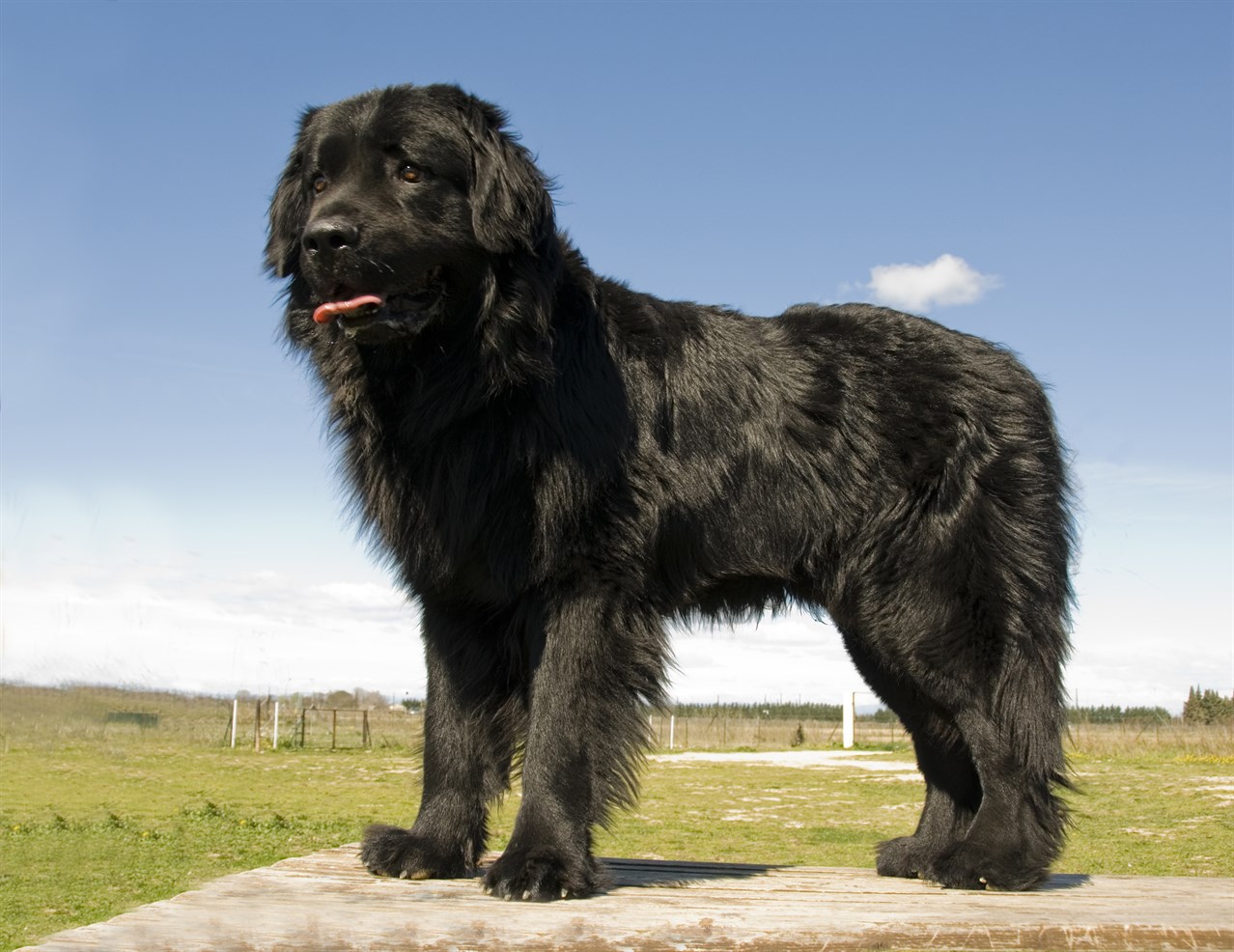Feeding Habits and Food Requirements of Newfoundland Dogs

Newfoundland dogs, known for their large size and gentle disposition, have specific feeding habits and nutritional needs that are crucial to their overall health and well-being. Here's a comprehensive guide to their feeding habits and food requirements.
Large Appetite
Newfoundland dogs have a reputation for having hearty appetites due to their substantial size. As puppies, they grow rapidly, and this growth phase demands a significant intake of nutrients and calories. Be prepared for their large appetite, especially during their early months.
Age-Appropriate Nutrition
The nutritional requirements of Newfoundlands vary with age. Puppies need a diet that supports growth and development, which means a high-quality puppy food with appropriate protein and fat levels. Adult Newfoundlands require a balanced diet to maintain their size and health, while senior dogs may need a lower-calorie formula to prevent obesity.
Quality Ingredients
Choose high-quality dog food brands that list real meat as the first ingredient. Look for well-balanced formulations that meet the specific nutritional needs of your Newfoundland's life stage.
Portion Control
Due to their large size, Newfoundlands are at risk of becoming overweight, which can lead to various health problems. Practise portion control to ensure they receive the appropriate amount of food based on their age, weight, and activity level. Consult with your veterinarian to determine the right portion size.
Avoid Overfeeding
Be cautious not to overfeed your Newfoundland. While they may have a robust appetite, excess weight can put strain on their joints and increase the risk of health issues. Stick to a consistent feeding schedule to prevent overindulgence.
Slow Growth Rate
Newfoundlands have a slow growth rate compared to smaller breeds. This slower growth is essential for proper joint development. Avoid feeding them high-protein, high-calorie puppy food for an extended period, as it can contribute to rapid growth and potential health problems.
Feeding Frequency
Puppies typically require more frequent meals, usually three to four times a day. As they age, you can transition to feeding adult Newfoundlands twice a day. However, senior dogs may benefit from more frequent, smaller meals to aid digestion.
Fresh Water
Ensure that your Newfoundland always has access to fresh, clean water. Their large size and dense coat can make them susceptible to overheating, so proper hydration is essential.
Special Dietary Needs
Some Newfoundlands may have dietary sensitivities or allergies. If your dog exhibits signs of food allergies or intolerances, work with your veterinarian to identify and select an appropriate hypoallergenic or specialised diet.
Health Monitoring
Pay attention to your Newfoundland's weight and overall health. Regularly consult with your veterinarian to monitor their condition and make any necessary adjustments to their diet.
Treats in Moderation
While treats can be a valuable tool for training and bonding, be cautious not to overdo it. Choose healthy, low-calorie treats, and factor them into your dog's daily caloric intake to prevent excessive weight gain.
In summary, Newfoundland dogs have distinct feeding habits and nutritional requirements due to their large size and growth rate. By providing them with a well-balanced diet, appropriate portion control, and regular monitoring of their weight and overall health, you can ensure that your Newfoundland remains healthy and happy throughout their life. Consulting with your veterinarian for personalised dietary recommendations is also advisable to meet your dog's specific needs.
Newfoundland puppies for sale
- Find Newfoundland puppies for sale in ACT
- Find Newfoundland puppies for sale in NSW
- Find Newfoundland puppies for sale in NT
- Find Newfoundland puppies for sale in QLD
- Find Newfoundland puppies for sale in SA
- Find Newfoundland puppies for sale in TAS
- Find Newfoundland puppies for sale in VIC
- Find Newfoundland puppies for sale in WA